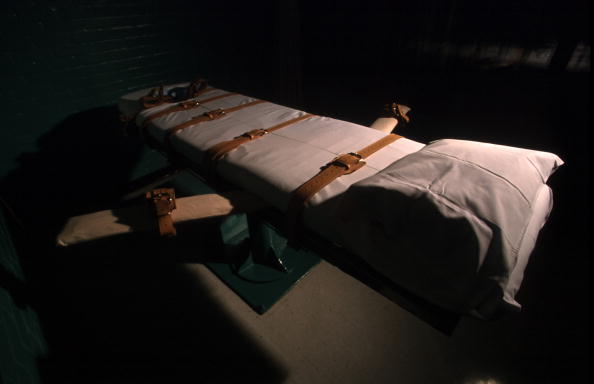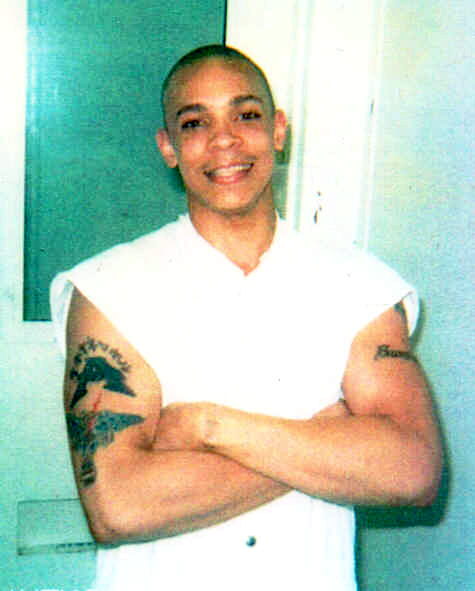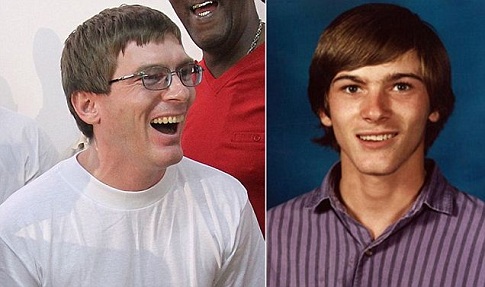
A cemetery for prisoners in Huntsville, Texas. Grave markers with an “X” or the word “Executed” indicate the prisoner was put to death (Photo Credit: Chantal Valery/AFP/Getty Images).
On July 30, 1964, the state of Texas executed Joseph Johnson Jr. He was one of the 21 African-Americans put to death in the Lone Star State in the 1960s, out of 29 executions overall. But his was also to be the last execution in Texas for 18 years.
In the late 1960s, executions in the United States dwindled and in 1972 the U.S. Supreme Court overturned all U.S. death penalty laws. New death penalty laws were permitted in 1976 and executions resumed the next year. However, it was not until late 1982, more than 18 years after Johnson’s execution, that Texas would restart its machinery of death.
Since then, Texas has been responsible for, by far, more executions than any other state. On June 26, Texas is scheduled to put Kimberly McCarthy to death – in the process carrying out its 500th execution since reinstatement.
The continued high use of the death penalty in Texas (though at a lower rate than in the so-called “zero tolerance” (1990s), flies in the face of the overall U.S. trend, which has seen death sentences, executions, and public support for capital punishment dropping steadily. Texas itself is not immune from that trend, as death sentences in the Lone Star State are now at historic lows.
SEE THE REST OF THIS POST







